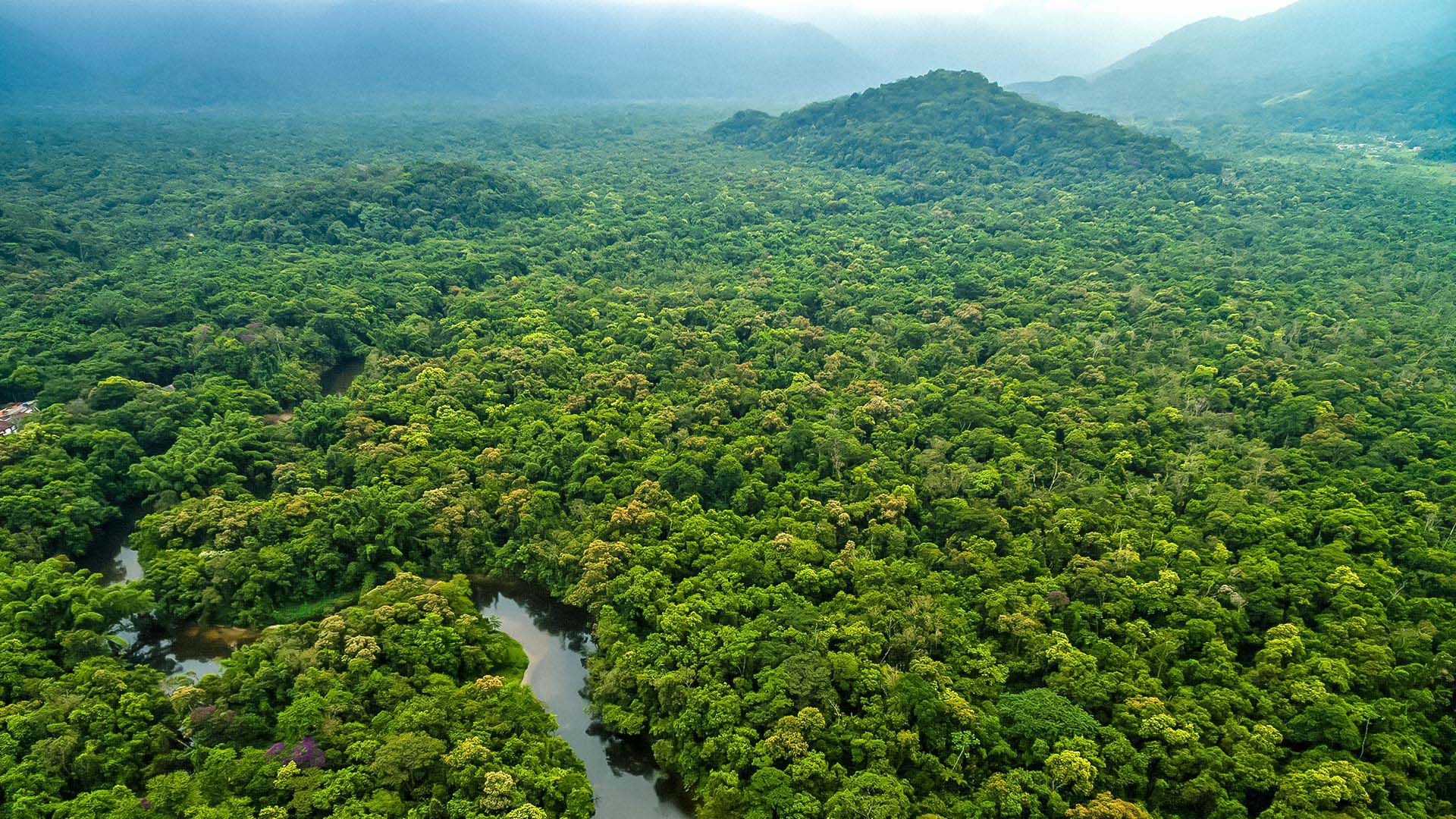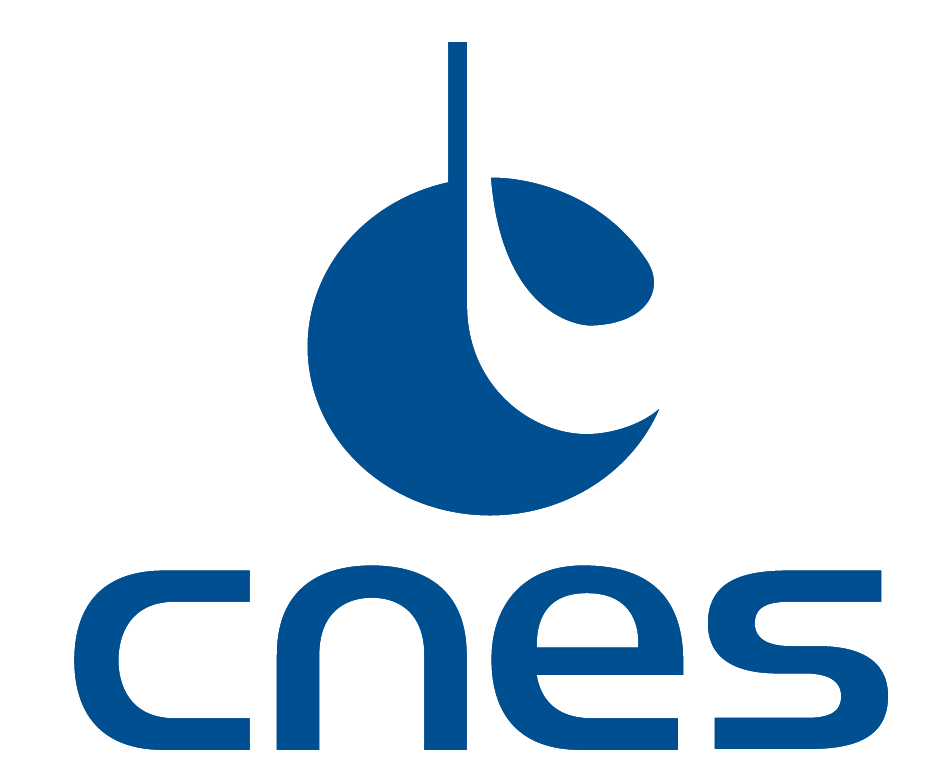Postdoctorate offer: Estimating irrigation volumes from remote sensing data and crop water balance modelling
Offer Description
12 Month full time offer placed in CESBIO (Toulouse) and in collaboration with MEOSS society
The Centre d’Etudes Spatiales de la BIOsphère (CESBIO) is a Unité Mixte de Recherche (Mixed Research Unit) with several supervisory bodies (CNES, CNRS, IRD, UT3). CESBIO’s mission is to improve knowledge of the functioning of the continental biosphere, in particular through the use of space-based remote sensing. CESBIO also leads space missions (Trishna, SMOS, Venµs and Biomass). The research carried out at CESBIO is based on the triptych: remote sensing, modeling and experimentation. Water is a major focus for the laboratory and, for many years, CESBIO has been involved in transfer and commercialization activities with public and private players, particularly in the field of regional water management.
As part of the France 2030 « Hydrology from space : irrigated crops and vegetation cover » intersectoral project, the postdoctoral fellow will develop and test methods for retrieving irrigation volumes by assimilating remote sensing data in a crop water balance model. The methods will be evaluated on several agricultural areas in France where in situ measurements of irrigation volume are collected by the consortium partners. In practice, the position’s activities will include :
- Getting started with the MODSPA modeling platform ;
- Pre-processing the remote sensing data used as input to the irrigation retrieval method ;
- Getting started with the assimilation scheme of Sentinel1-derived soil moisture data in MODSPA (published in Laluet et al. 2024, Agricultural Water Management) ;
- Integrating the Landsat-derived crop water stress index data in the method ;
- Applying the retrieval methodology over several irrigated areas where in situ measurements of irrigation volumes are available ;
- Assessing the irrigation retrieval approaches ;
- Publishing results in a high-ranked journal.
Where to apply
E-mail: olivier.merlin1 @ univ-tlse3.fr
Requirements
Research FieldEngineering » Aerospace engineeringEducation LevelPhD or equivalent
Skills/Qualifications
Knowledge in remote sensing (radar, thermal infrared, shortwave) and/or in land surface modeling (water and energy balances) is an asset.
Good skills in programming (Python) and image processing are necessary.
Good organizational skills; ability to work in a team and to communicate in an effective and caring manner; ability to report on activity, assemble and format the results of simulation experiments.
Specific Requirements
PhD in Remote Sensing, Hydrology and/or Agro-Hydrology.
Experience: 3-4 yearsLanguagesFRENCHLevelMother TongueLanguagesENGLISHLevelGood
Additional Information
Eligibility criteria : CESBIO is in a ZRR zone









